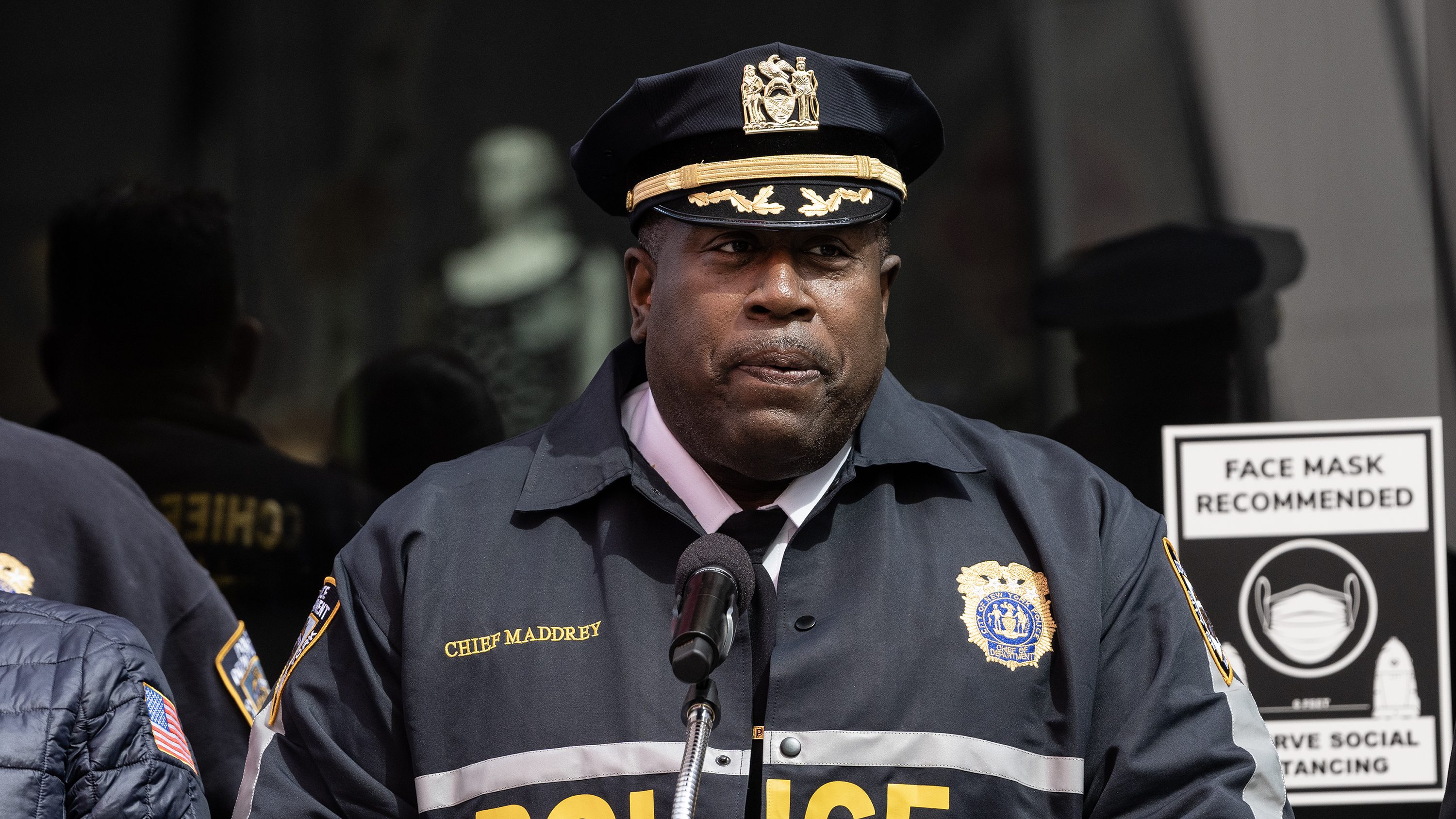Health officials in Westchester County reported their first case of the West Nile virus in a human this year, two days after Suffolk County confirmed its second case, as they sought to remind people once again of simple measures they can take to avoid mosquito bites.
The infected person is an Elmsford resident with underlying health conditions, officials said. The individual is recovering at home, and the health department has treated nearby standing water with larvicide.
“This first case of West Nile Virus should remind us all to take precautions against mosquito bites by removing standing water from our property, especially after recent heavy rain and flooding, and using repellents when we spend time outdoors, especially from dusk to dawn, when mosquitoes are most active," Westchester's health commissioner, Dr. Sherlita Amler, said.
The county saw three cases of the West Vile virus in 2021 and 2022, officials said, and just one case in 2019.
Get Tri-state area news delivered to your inbox.> Sign up for NBC New York's News Headlines newsletter.
On Wednesday, Suffolk County reported their second confirmed case of the virus. The infected person is older than 50 and lives in Brookhaven. Officials said the person fell ill in early August and though the person had underlying medical conditions, the individual did not need to be hospitalized and has been recuperating at home. West Nile was first detected this year in Suffolk County in mid-July.
The virus is transmitted to humans by the bite of an infected mosquito and roughly 20% of those who become infected develop noticeable symptoms, health officials say.
Mild symptoms may include fever, headache and body aches, skin rash and swollen lymph glands. More severe symptoms include high fever, headache, neck stiffness, stupor, disorientation, coma, tremors, convulsions, muscle weakness, vision loss, numbness and paralysis. West Nile virus can be deadly, so if you experience symptoms, visit your doctor.
News
While there is no specific treatment for West Nile virus, patients may be offered supportive therapy as needed.
Individuals who are most at risk for severe infection include those over 50 years of age and those with chronic illness or compromised immune systems. People are urged to take precautions to avoid being bitten by mosquitoes during mosquito season, which extends from June 1 through November 1.
Suggested tips from Suffolk County health officials include:
- Use insect repellent containing DEET
- Spray clothing with repellent containing permethrin
- Avoid going outside from dusk to dawn when most mosquitoes are active
- Wear long sleeves and long pants when nighttime activity is unavoidable
- Eliminate standing water from flowerpots, clogged gutters, recycle bins, birdbaths, toys, swimming pools and hot tub covers
The number of human cases of West Nile virus varies each year. Suffolk County reported eight human cases in 2021, five in 2020, three in 2019, 11 in 2018, and six in 2017. Comparatively, the county reported 25 human cases in 2010, a year in which the virus claimed three lives. Suffolk County also reported two deaths from West Nile virus in 2017.
Two human cases have also been confirmed in New York City this year, one in Brooklyn and one in Queens. In its latest update, the NYC Department of Health and Mental Hygiene said there were more than 1,000 cases among mosquito pools throughout the five boroughs, the highest number ever recorded (compared to 779 detected cases at the time in 2021).
West Nile Virus was first found in the city more than two decades ago, the health department said, and the city has averaged 16 cases found in humans over the past 10 years. The fatality rate for those diagnosed in the city is 14%.
Nationally, a total of 198 cases of West Nile virus disease in people have been reported to CDC in 2022. Of those, 135 (68%) were classified as neuroinvasive diseases (such as meningitis or encephalitis) and 63 (32%) were classified as non-neuroinvasive diseases, according to the federal health agency.



